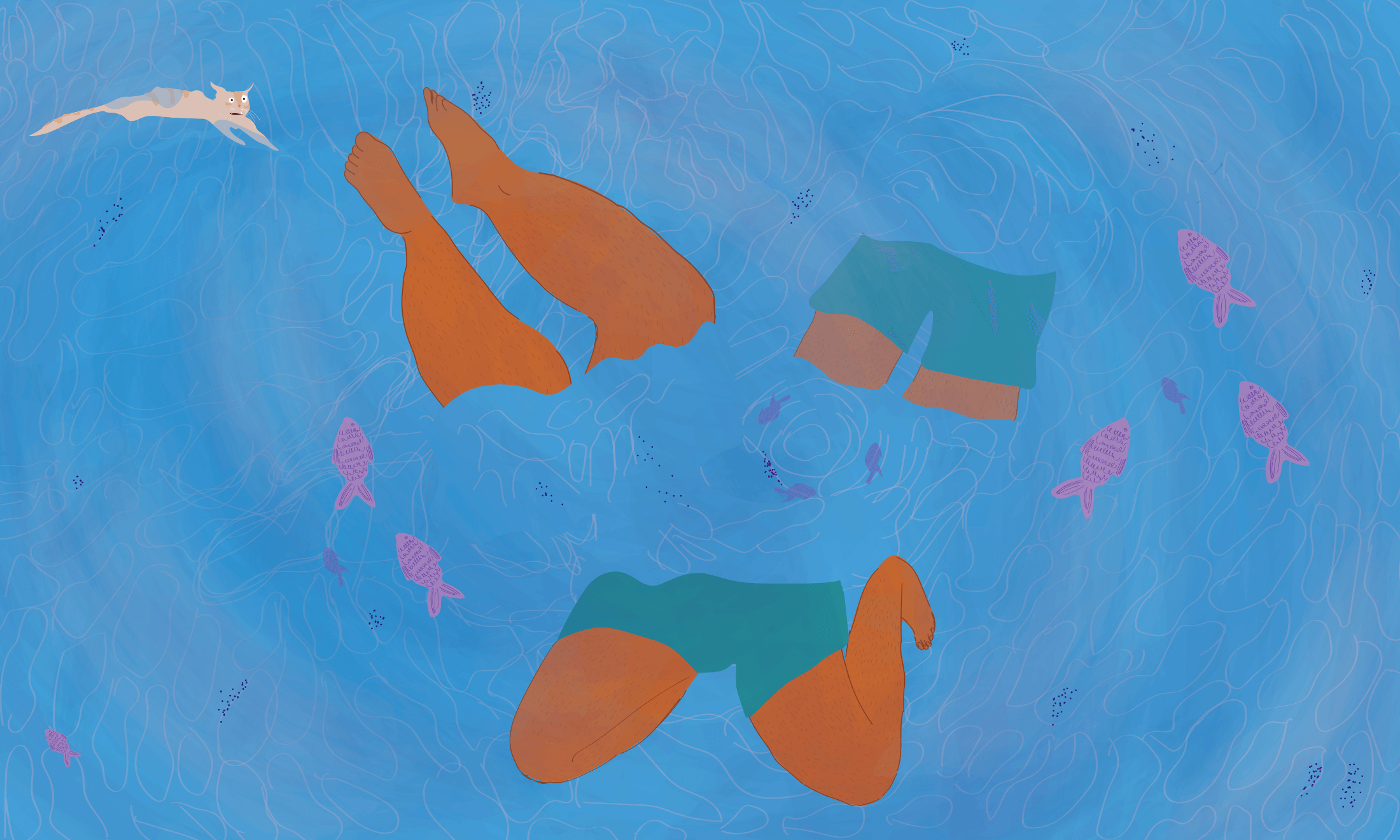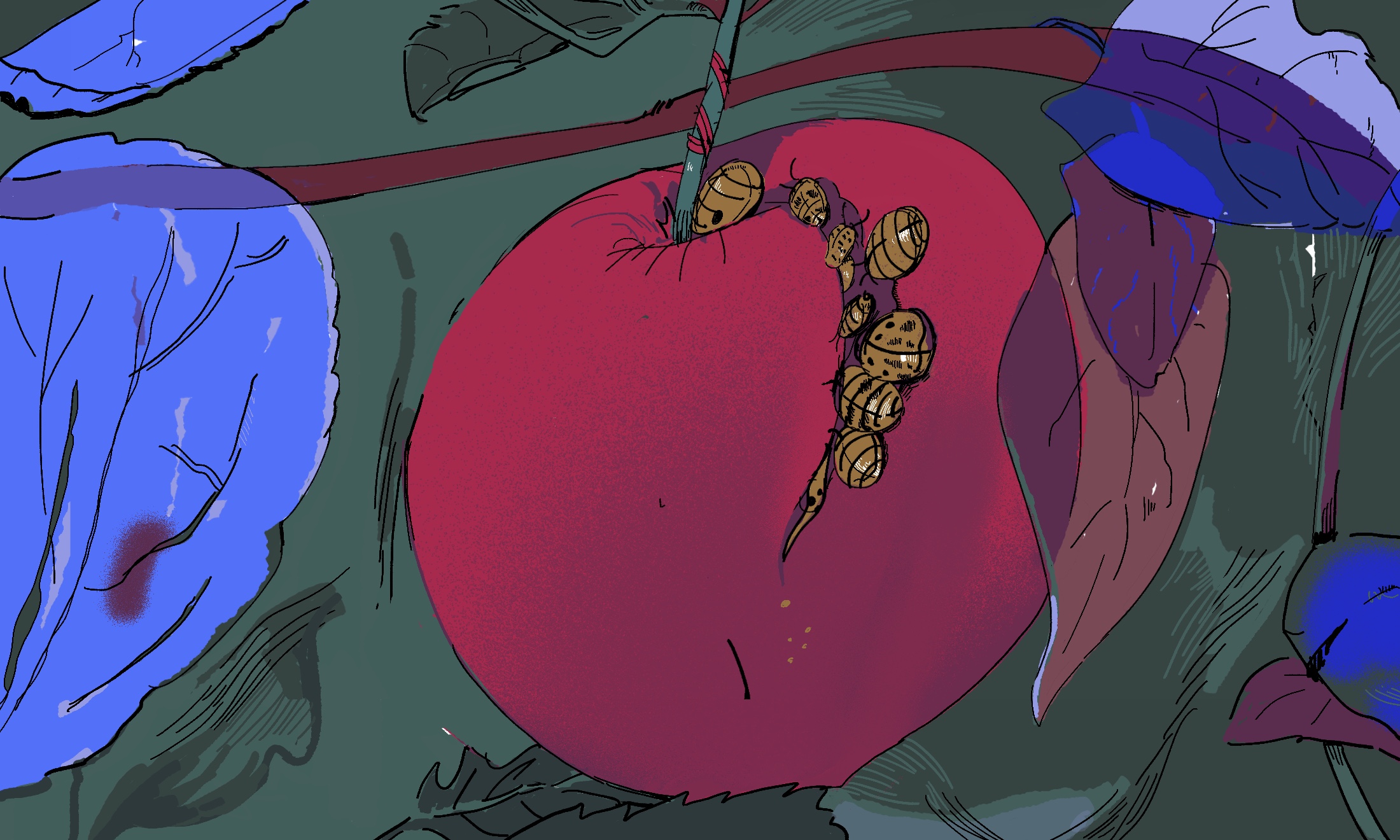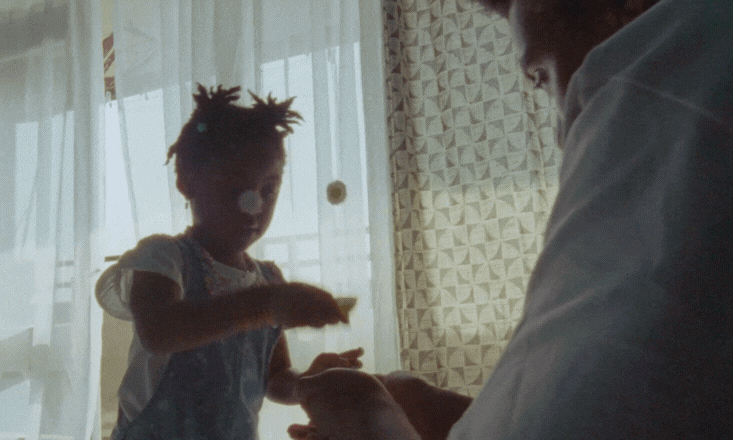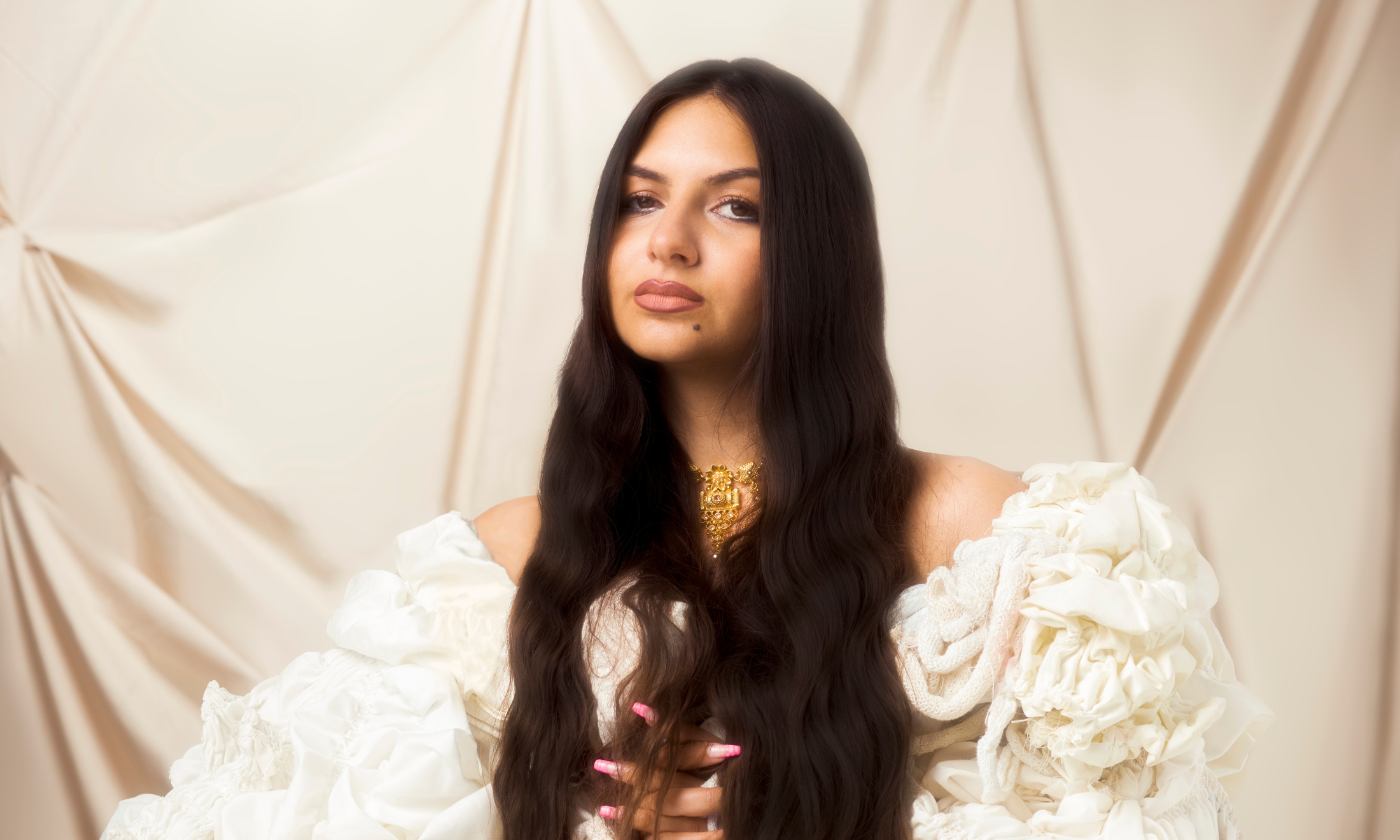
As a black lesbian woman, visibility reminds me that I’m never alone
Khloe Bailey Obazee
26 Apr 2019
Photography by Krystal Neuvill
As a black lesbian, I have long been aware of the importance of visibility. For me, Lesbian Visibility Day (26 April) is an opportunity to remind the world that we exist and that our experiences are valid. It’s a chance to share our story more widely. Most importantly, it exposes people to a myriad of depictions of lesbian identity and it provides a connection to those coming to terms with their sexuality.
Throughout my life, I’ve received a lot of dumb assumptions and comments because of my sexuality. “Who is the man then?” they might ask, if I’m in a relationship. Or, “Why would you choose this kind of life for yourself?” Whilst these questions and comments are not always designed to hurt or upset me, they do. They are a reminder of the bubble some people live in and their lack of consciousness.
In part because of this, I try to wear my visibility on social media proudly. A sibling who I do not know and may not meet may see me online on a medium such as Instagram and recognise a part of themselves. A boyish girl, a bit trendy and a bit silly. The hue of my skin colour might match theirs, or maybe they are lanky too – so this makes them happy. To see a physical similarity to themselves, someone who is “lesbionic”, as I like to call it, is empowering. There is a lot of importance in showing there is not one way to express sexuality and that there is not one “look”. It matters.
“The hue of my skin colour might match theirs, or maybe they are lanky too – so this makes them happy”
Bailey
The internet has been everything – I have access to positive stories of women like me at my fingertips. Instagram has been a major resource in terms of seeing the variety of sexual identities that exist: queers, gay, lesbian, all of it. Amazing IRL spaces such as Our Naked Truths, which is a therapeutic, welcoming and fulfilling space for all women of colour including WoC lesbians, and also QTIPOC curated spaces and club nights such as BBZ and Pxssy Palace are equally as important.
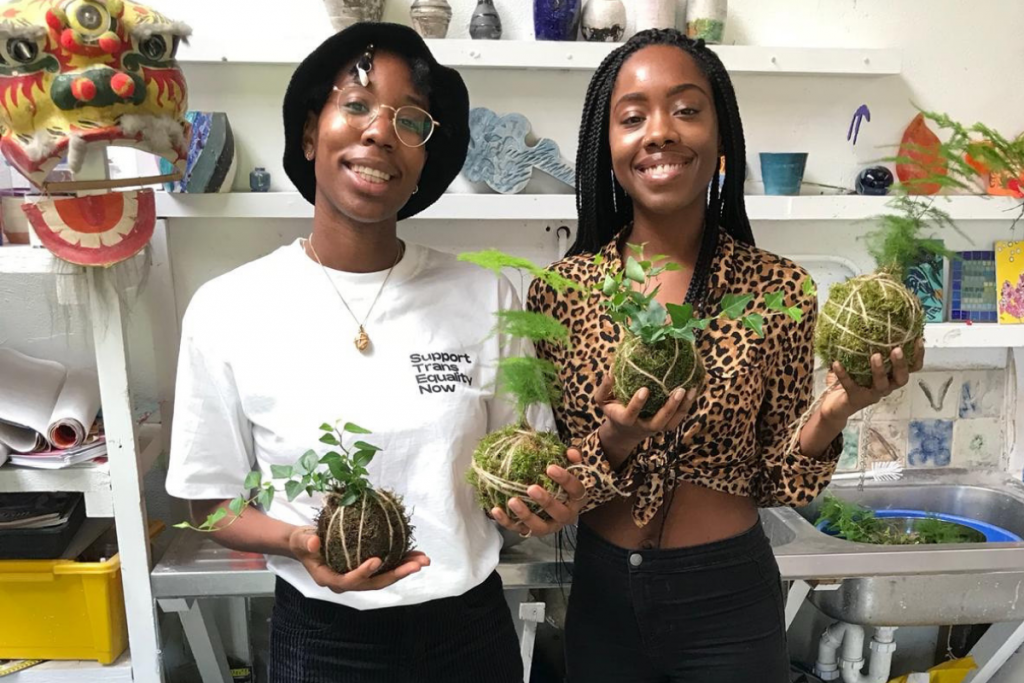
But despite this, I do still struggle with not seeing enough LGBTQI+ British people of African heritage, like myself. In the media, we need more diverse representations of people of black ancestry so that parents (and others) start to change their understanding of what is normal. This is life. People have a variety of sexual identities and it isn’t strange, a phase or temporary. It is ancient.
At the moment, it feels like some groups have a different level of freedom when it comes to their sexual identity. That level does not feel entirely for me quite yet – though thanks to some close friends, I know it’s attainable. One friend of mine came out to her mother, is now married and is fully living with her wife. Thanks to her, what seemed impossible became possible for me.


